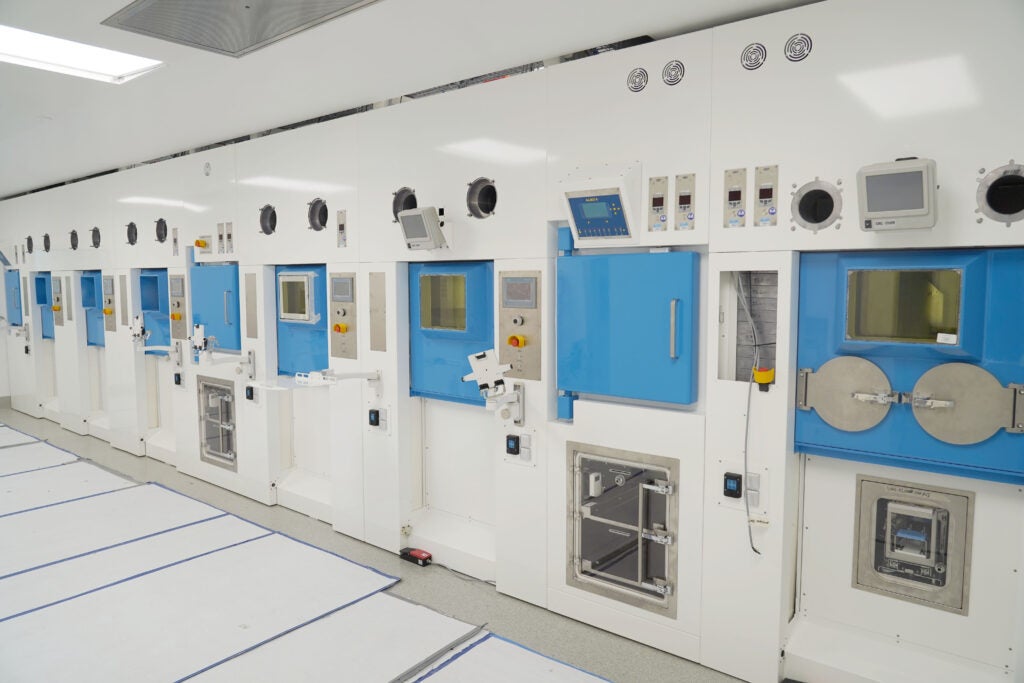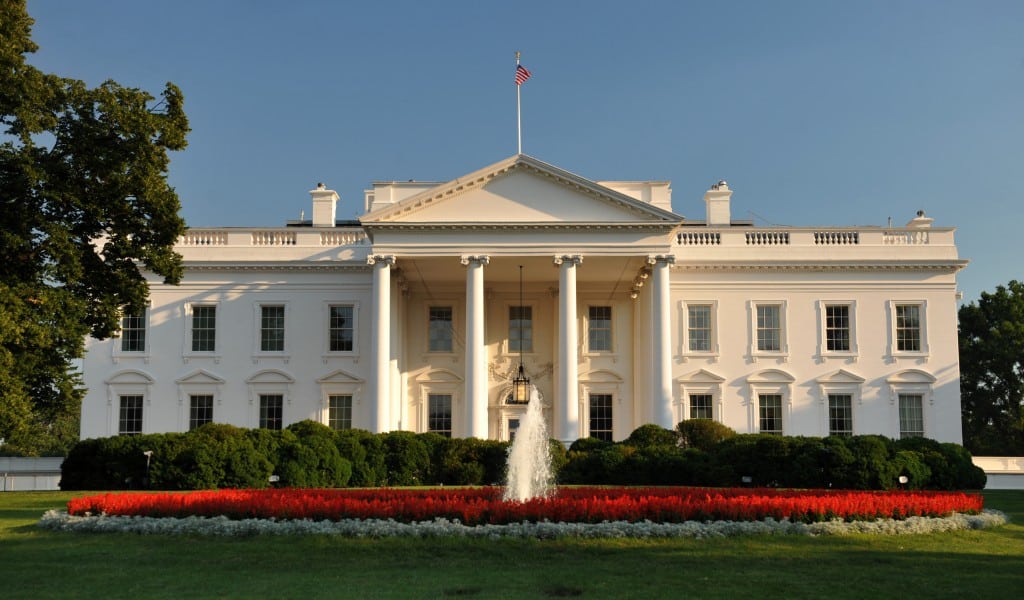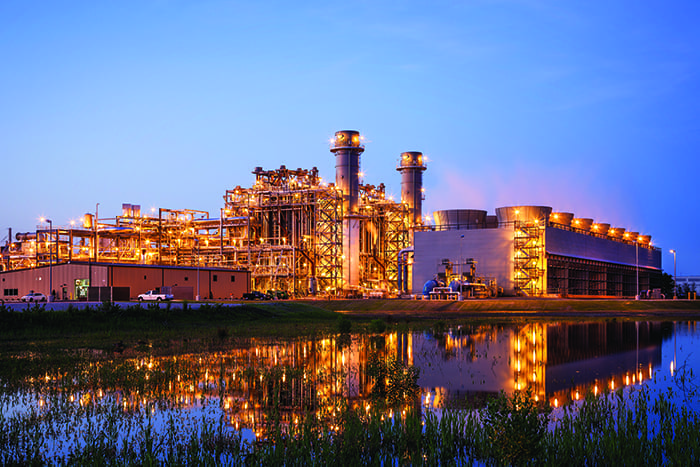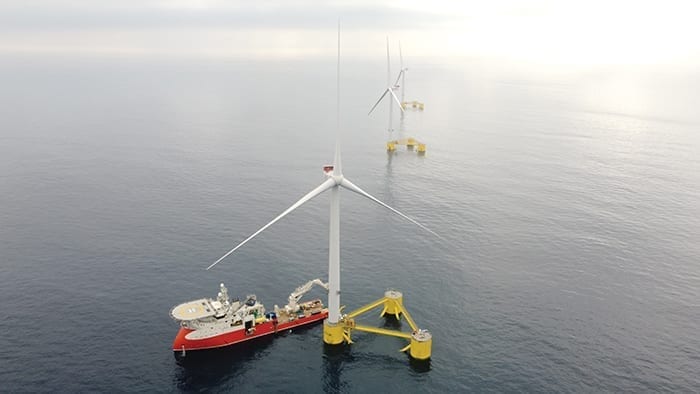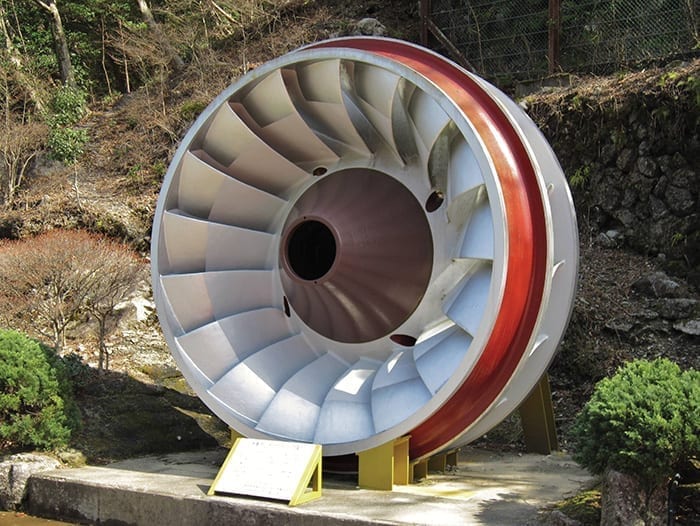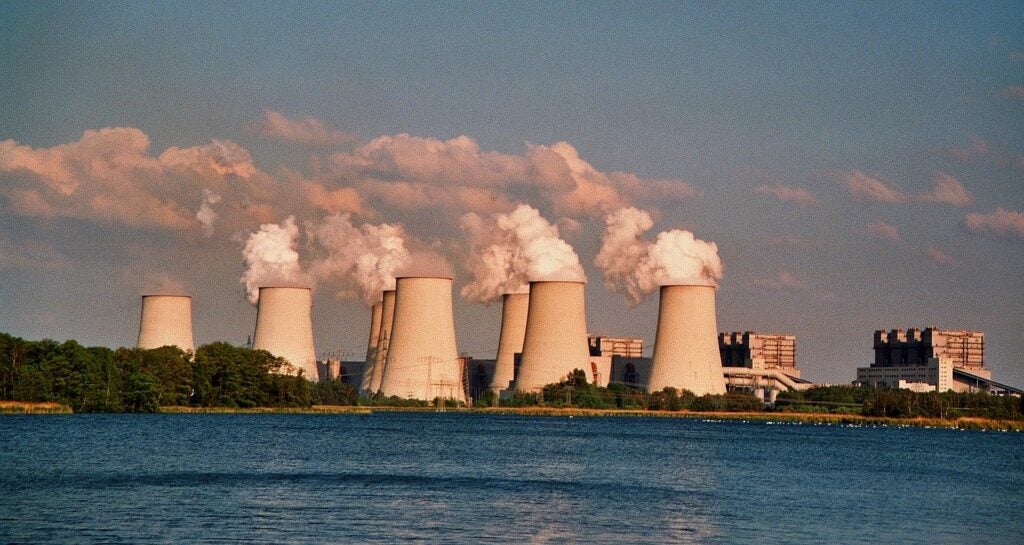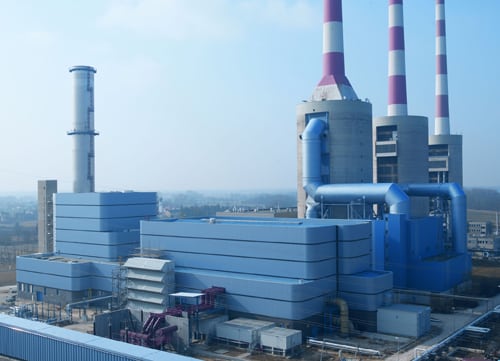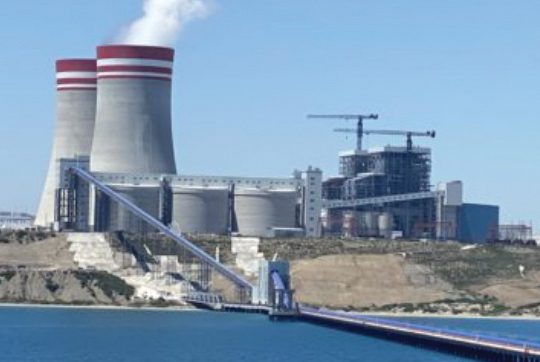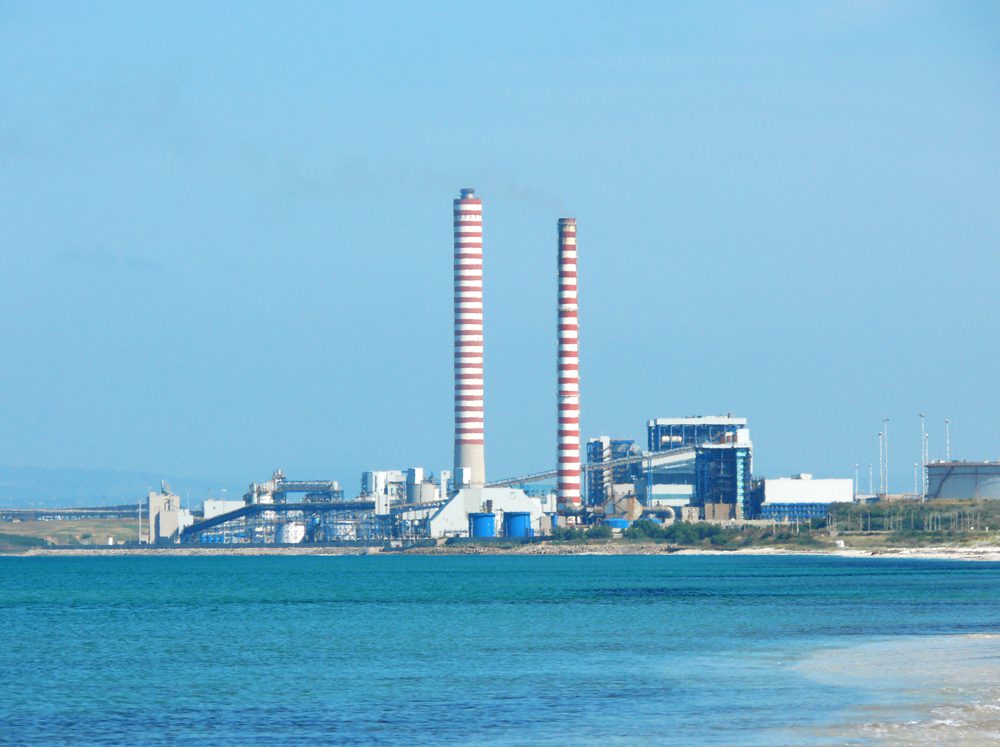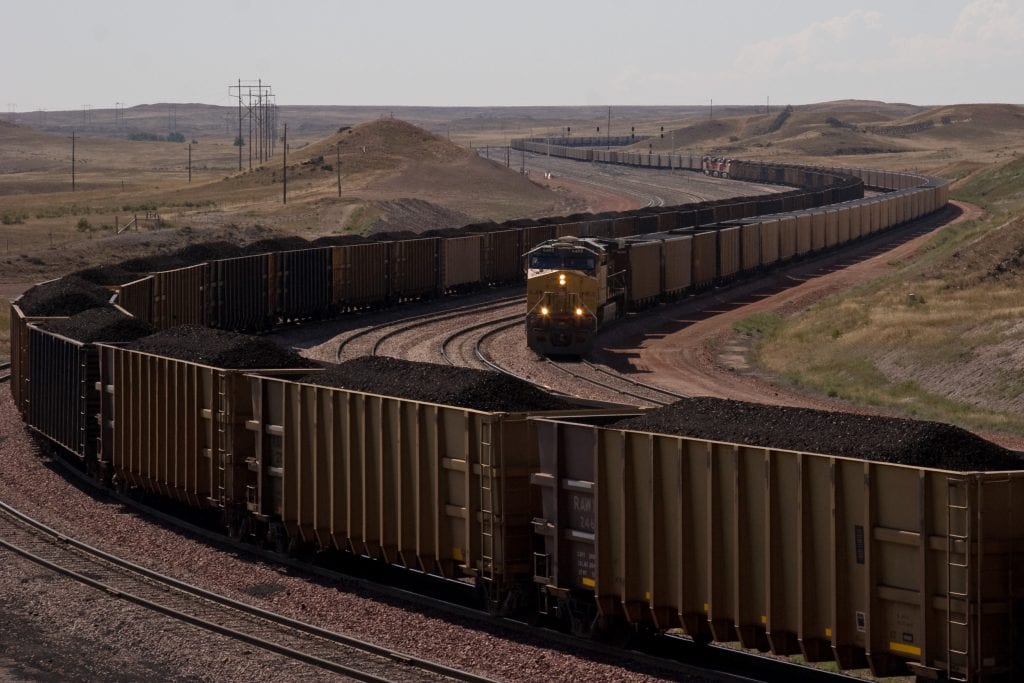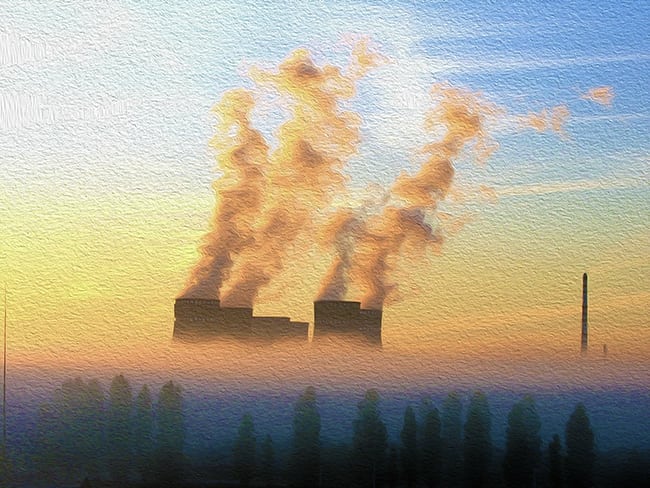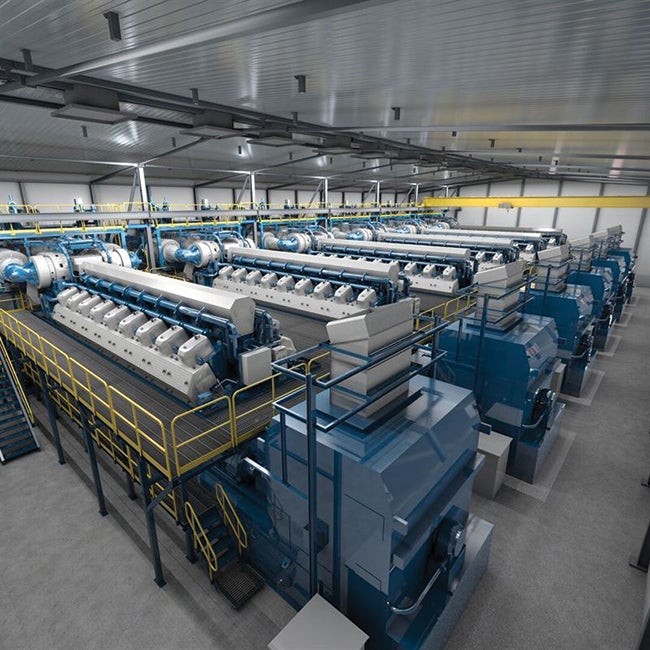A leading German economic official said the country must increase the burning of coal for power generation and reduce its use of natural gas to avoid an energy crisis later this year.
German Economy Minister Robert Habeck in a statement on June 19 said the country’s move away from receiving natural gas from Russia due to the latter’s invasion of Ukraine means steps must be taken to ensure Germany has enough natural gas on hand to fill gas storage facilities for next winter. German lawmakers in March passed legislation that says gas storage facilities must be almost completely full at the start of the heating season in order to get through the winter safely.
“The situation is serious,” Habeck said in a statement Sunday. “We are therefore continuing to strengthen precautions and taking additional measures to reduce gas consumption. This means that gas consumption must fall further, but more gas must be put into the storage facilities, otherwise things will really get tight in winter.”
Germany last month said at least 8.5 GW of brown, hard coal-fired, and a small amount of oil-fired generation capacity—all due to be idled this year and next—would be able to continue operating to provide electricity on demand. Austria and the Netherlands also have announced they will restart some coal-fired power plants to support electricity production.
Impact for Residential, Industrial Sectors
Germany has long relied on Russian natural gas, primarily for use by the residential and industrial sectors. Natural gas accounted for about 15% of Germany’s power generation last year. Germany at present has cut its share of natural gas imported from Russia to 35%, down from 55% prior to the war in Ukraine. Habeck said the country’s current gas supply is adequate, but noted a “worsened situation on the gas market” over the past several days as prices have risen. He said that higher prices are due to the actions of Russian President Vladimir Putin, saying it’s part of “Putin’s strategy to unsettle us, drive up prices and divide us.”
Officials in the Netherlands on Monday said they also will allow the country’s coal-fired power plants to operate at full capacity again in an effort to conserve natural gas as the supply of Russian-sourced gas is reduced. The Dutch government, though, said it still plans to close the Groningen gas field, the nation’s largest natural gas field, either next year or in 2024.
Austrian officials late Sunday said they would restart a closed coal plant. The government announced that Verbund Group, the country’s main electricity supplier, “has … agreed to reactivate the thermal power plant” located in Mellach. Officials said the objective is “to be able to produce electricity again, from coal, in case of emergency.” Mellach’s 246 MW of coal-fired capacity was retired in 2020.
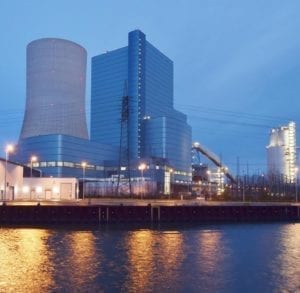
Russian energy major Gazprom on June 16 reduced gas flows through Nord Stream 1 for a second time in a matter of days, which sent gas prices soaring. Though Gazprom has said technical considerations factor into the pipeline’s gas supply, the German government said the supply reduction appears to be politically motivated. Gazprom in a statement last week said it was cutting gas deliveries to Germany because German-based Siemens Energy has delayed the return of turbines sent from Russia for maintenance. Siemens said the turbines had been shipped to a factory in Canada, and in a statement last week said it was “impossible” to return the turbines to Russia due to sanctions that Canada imposed on Russia after the invasion of Ukraine.
‘Will Not Allow’ Russia to Disrupt Germany’s Energy
Habeck in his statement said the German government “will not allow that,” referring to how Russian actions could disrupt Germany power supply. “We are fighting back decisively, precisely and thoughtfully,” he said. Habeck, a member of the Green Party in the center-left ruling coalition, and a supporter of renewable energy, said coal-fired generation needs to increase “for a transitional period” to reduce the amount of natural gas needed for electricity production.
German officials on June 20 reiterated the country’s commitment to phase out coal for power generation by 2030, despite worries about the potential for an energy shortfall. The country brought its last new coal-fired plant, the 1,100-MW Datteln 4 (Figure 1), online in 2020.
“We are setting up a gas substitute reserve on call,” Habeck said. “That’s bitter, but it’s almost necessary in this situation to reduce gas consumption.” Habeck’s agency in a news release said it is preparing a “gas auction model is to be launched this summer to incentivize industrial gas consumers to save gas,” which Habeck said is key to a larger reduction in natural gas consumption.
The law passed earlier this year calls for natural gas storage facilities to be at least 80% full by October 1, 90% full by November 1, and still at least 40% full by February 1 of next year. Officials said gas storage tanks as of this weekend were 56% full, which is actually an above-average level for the start of summer. Storage levels were as low as 25% in March of this year.
“We must and we will do everything we can to store as much gas as possible in the summer and fall. The gas storage facilities must be full towards the winter. That is the top priority,” Habeck said.
Putin in March threatened to cut gas deliveries to what he called “unfriendly” countries that refused to pay for Russian natural gas in rubles, rather than paying with euros or dollars as outlined in supply contracts. Gazprom has said gas buyers could pay with euros or dollars into an account at Russia’s Gazprombank; the money would then be converted to rubles and transferred to a second account, from which the actual payment for gas would be made.
Some European companies, including Shell, did not agree to that payment scheme. Gazprom cut off its natural gas supplies to Shell’s German customers earlier this month.
—Darrell Proctor is a senior associate editor for POWER (@POWERmagazine).



